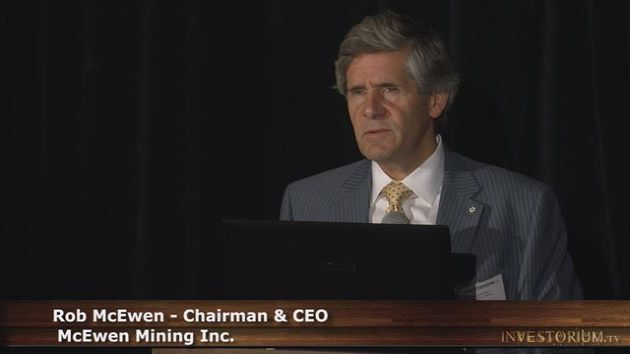
Leading U.S. Cardio Vascular Specialist Presents Keynote Lecture at Japanese Heart Rhythm Society Meeting
New York, July 23, 2012 AEST (ABN Newswire) - Dr. Charles Antzelevitch, Executive Director and Director of Research of the Cardiac Research Institute (CRI) at Masonic Medical Research Laboratory (MMRL) in Utica, New York, presented the Keynote Lecture at the annual meeting of the Japanese Heart Rhythm Society. The symposium, attended by over 2,300 cardiologists, electrophysiologists and scientists from throughout the world was held in Yokohama, Japan, July 5-7, 2012.
The lecture titled, "J Wave Syndromes from Cell to Bedside" dealt with two inherited sudden death syndromes in which the MMRL has served a pioneering role. The Brugada Syndrome, an inherited cardiac arrhythmia syndrome associated with life-threatening abnormal rhythms of the heart was first described as a new clinical entity 20 years ago. The MMRL discovered the mechanism underlying this syndrome in experimental models before it was actually discovered in humans and has continued to play a key role in defining the genetic basis and approach to therapy. The other syndrome characterized as a J wave syndrome, a term originally coined by Antzelevitch and co-workers, is the early repolarization syndrome. This disease entity was also first discovered at the MMRL. Scientists at the MMRL demonstrated a decade ago that an early repolarization pattern in the electrocardiogram (ECG) is not always benign, as once thought, but can lead to life-threatening arrhythmias. Antzelevitch and his team are working to uncover the genetic basis for this syndrome and to finding ways to risk stratify patients so as to determine who truly is at risk for sudden cardiac death.
Antzelevitch was also invited to present a lecture dealing with the MMRL's recent exciting discovery that the combination of two pharmaceutical ranolazine and dronedarone causes a synergistic atrial-selective effect on sodium channels in the heart, leading to 90% suppression of the development of atrial fibrillation. The effectiveness of the drug combination in humans with paroxysmal atrial fibrillation is currently being tested in a clinical trial named Harmony. If successful, this discovery will bring new hope to a large fraction of the 2.7 Americans and over 7 million individuals afflicted with this disease worldwide. Details of the clinical trial conducted by Gilead Sciences Inc. can be found at: http://abnnewswire.net/lnk/8OQ4UD9J.
The Cardiac Research Institute at MMRL has gained international renown and wide acclaim in the scientific and medical community as a leading cardiac research center. The hallmark of the institute is its innovative and imaginative approach to fighting heart disease. The MMRL's legacy of scientific breakthroughs has helped to generate new heart medications and develop diagnostic procedures for the management of cardiac arrhythmias, and has aided in the advancement of life-saving technologies. The MMRL is also one of the top genetic screening centers in the world dedicated to helping families afflicted with sudden death syndromes.
Please visit Masonic Medical Research Laboratory (MMRL) website for more information or to arrange a tour or presentation; http://www.mmrl.edu
Contact
Ronald P. Kamp
Director of Development
and Communications
Myron Thurston III
Assistant Director of Development
and Communications
Cardiac Research Institute
Masonic Medical Research Laboratory
2150 Bleecker Street
Utica, N.Y. 13501
T: +1-315-735-2217
http://www.mmrl.edu
Media:
Victor Webb
Marston Webb International
T: +1-212-684-6601
e-mail: marwebint@cs.com
| ||
|





